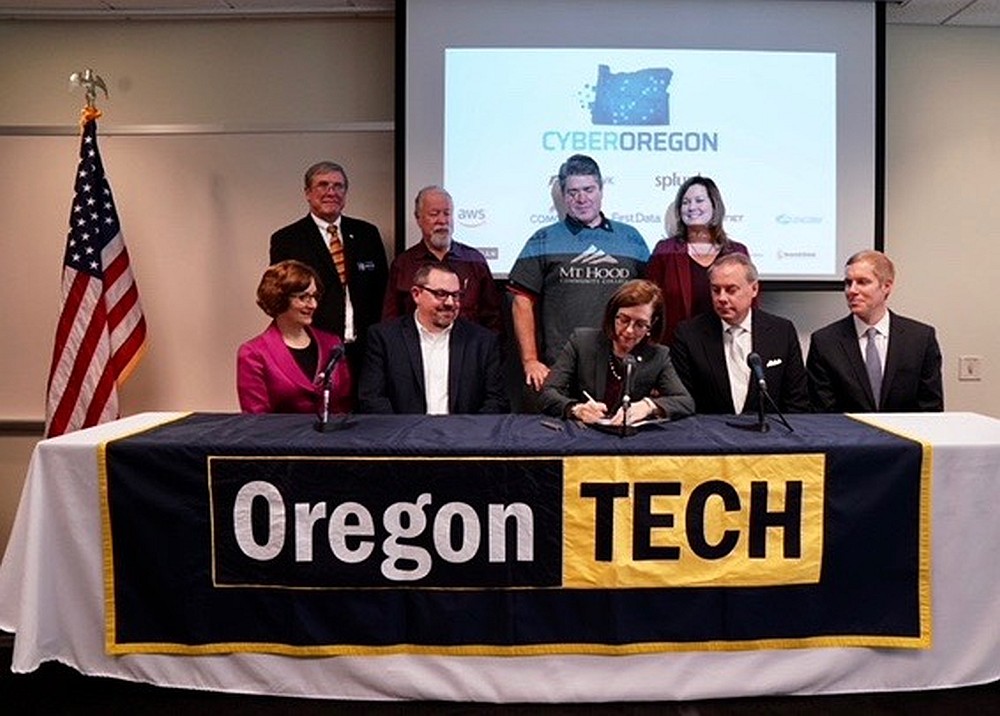How the Oregon Cybersecurity Advisory Council Works

Cybersecurity is complicated. Threats are advancing and evolving, and more and more personal data is going digital—two factors that make Oregonians (as well as everyone else across the country) exceptionally vulnerable to cybercrime. Negotiating the cyber landscape to protect Oregonians and their data is a job for the experts. That’s why the Oregon Cybersecurity Advisory Council (OCAC) is so critical.
I’m proud to be the Vice Chair of this group and I want to share some insight as to how the OCAC works.
The OCAC was established pursuant to Senate Bill 90 to develop a shared vision for the establishment of a future cross-sector Cybersecurity Center of Excellence, in collaboration with Oregon’s cyber-related industries, private sector security practitioners, educational institutions, law enforcement and local governments.
Our group serves as the statewide advisory body to the State of Oregon’s Chief Information Officer on cybersecurity and provides a statewide forum for discussing and resolving cybersecurity issues. The advisory body also provides information and recommends best practices concerning cybersecurity and resilience measures to public and private entities. In addition, we help coordinate cybersecurity information sharing and promote shared and real-time situational awareness between the public and private sectors throughout the state. Our goal is to provide tangible solutions and easy-to-access information that will be helpful to everyone.
The OCAC is also very focused on encouraging the development of the state’s cybersecurity workforce through programs designed to build workforce skills, disseminating best practices, facilitating cybersecurity research, and encouraging industry investment and partnership with post-secondary institutions of education and other career readiness programs.
The Oregon Cybersecurity Advisory Council includes Executive Sponsors Alex Pettit, CIO, State of Oregon; Skip Newberry, president and CEO, Technology Association of Oregon; and Stefan Richards, Chief Information Security Officer, State of Oregon. Other OCAC members include Chair Andrew Plato, CEO, Anitian; Vice Chair Kerri Fry, president, Redhawk Network Security; Treasurer Skip Newberry, president and CEO, Technology Association of Oregon; Secretary Megan McKenzie, CEO, McKenzie Worldwide; Michael Gutsche, security strategist, Micro Focus International; Charlie Kawasaki, CTO, PacStar; Ken Kestner, Lake County Commissioner; Travis Miller, policy and communications strategist, Office of the State CIO; Tom Quillin, CTO Security Economics, McAfee; Kris Rosenberg, assistant professor, Oregon Tech; Andy Schroder, IT Security, Intel; and Dennis Tomlin, information security officer, Multnomah County.
Please join me in thanking all of the OCAC members for their service to Oregon and for their support of the Cyber Oregon program. Their experience and dedication are invaluable to our efforts to help Oregonians keep their digital data safe at work and at home.
